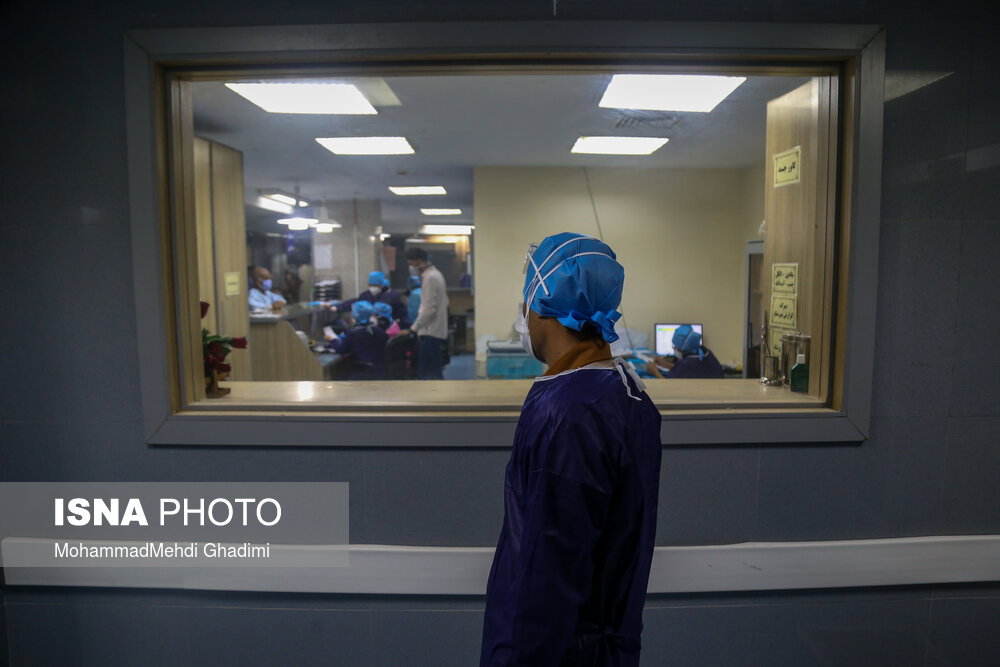Dr. Tal’at Mokhtari Azad, professor of the Virology Department at the Health Faculty of Tehran University of Medical Sciences, told ISNA, “The changes in BA.4 and BA.5 have made them different even from the Omicron variant itself.”
The changes, she added, prompted the World Health Organization and some vaccine producing countries to consider changes in the existing vaccine formulas.
“However, I emphasize that the previous vaccines can still be effective in preventing mortality and severity of the disease,” said Mokhtari Azad, who is also a member of the National Headquarters for Coronavirus Control.
“Still, the pathogenicity of the two sub-strains is not as severe as the Delta variant and is milder, but we do not know what it will be like in the future,” she added.
“For now, we are seeing an increase in cases of the disease and we have to wait a week or two to see how it unfolds,” Mokhtari Azad said.
On Thursday, the Iranian Health Ministry reported 1,775 cases of infection with Covid-19, up from 1,271 a day earlier, in what is interpreted as a new wave of the disease in the country.
